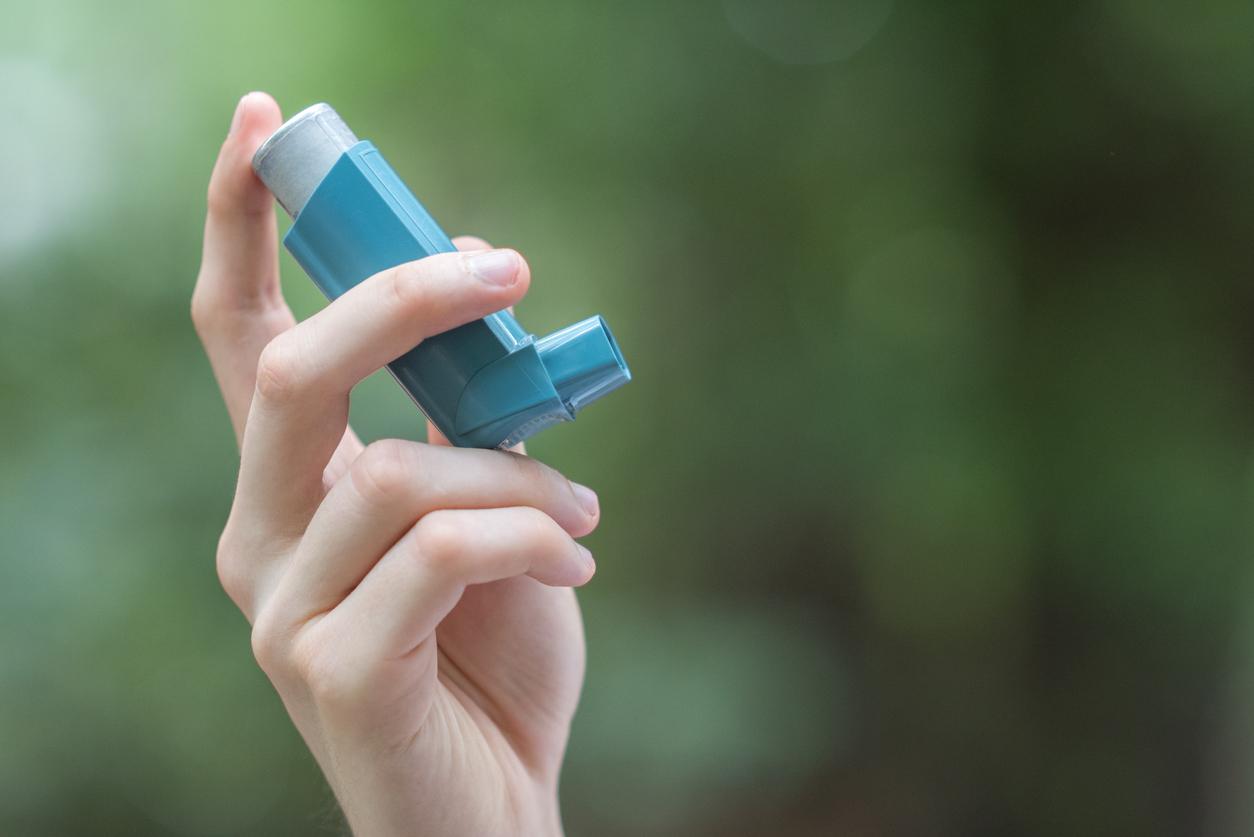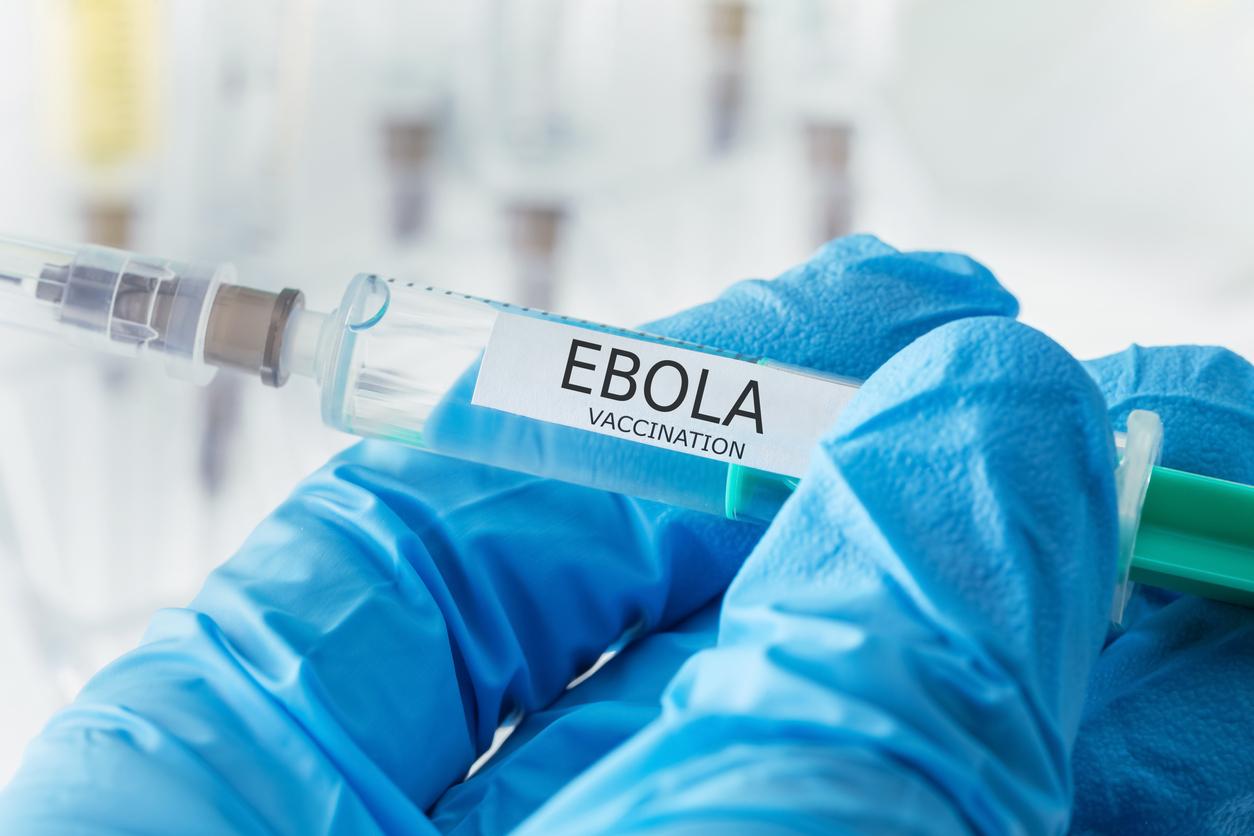After Liberia, it is the turn of the UN to appeal for help to the international community. This time it is not a request for experimental treatments to try to fight against Ebola but another equally worrying urgent situation: Liberia, Guinea and Sierra Leone, countries undermined by the hemorrhagic feversince December 2013, suffer from a lack of medical personnel in the field.
It is the Secretary General of the United Nations himself, who is sounding the alarm and asking for a major effort to strengthen patient care and put in place medical prevention policies. “The international community [doit] respond urgently to the shortage of doctors, nurses and equipment including protective clothing and isolation tents to face the epidemic, “said Ban Ki-Moon, the UN secretary general in a statement .
Urging to bring a “coordinated international response”, the UN moderates its position a little, eager to “avoid panic and fear”. “Ebola can be prevented. With resources, knowledge, swift action and will, people can survive the disease. Ebola has been successfully controlled elsewhere, and we can do it here too,” says Ban Ki- Moon.
The importance of prevention
So far the epidemic seems out of control. The international community is betting on unauthorized treatments sent by the United States and Canada to Liberia, in the hope of seeing a decrease in cases of contamination.
In the absence of effective treatment, WHO reiterates the importance of prevention. In particular, it recommends that patients in serious condition be placed in an intensive care unit. The other patients, often dehydrated, need oral rehydration with electrolyte solutions or intravenously.
In West Africa, Ebola has already affected 1,975 people and left 1,069 fatal victims.
















